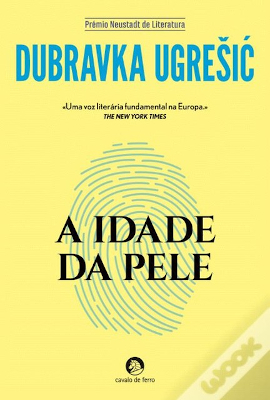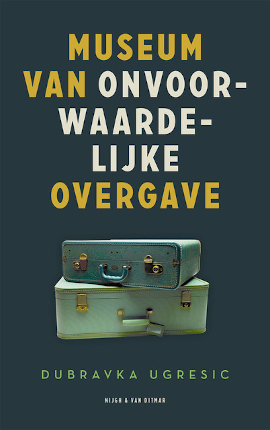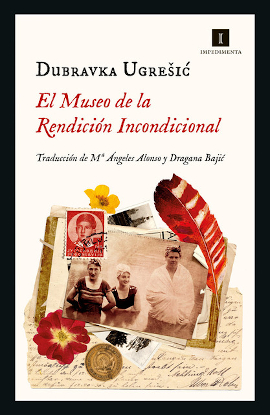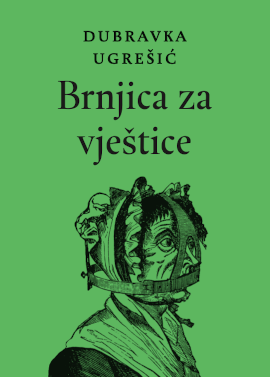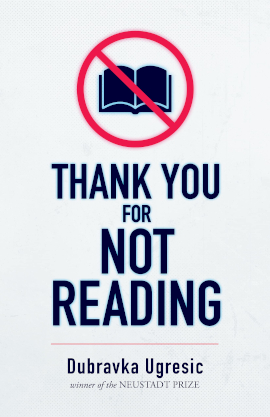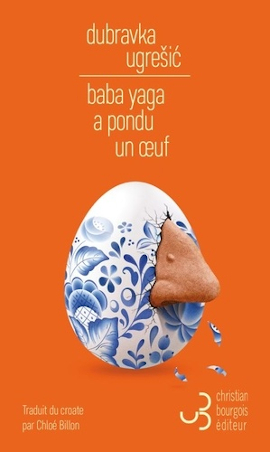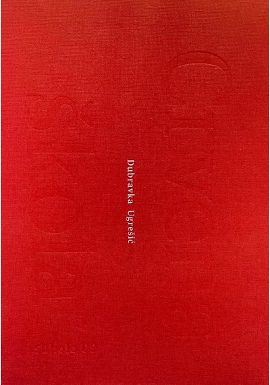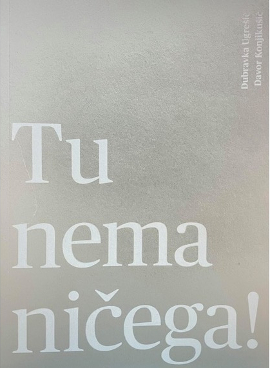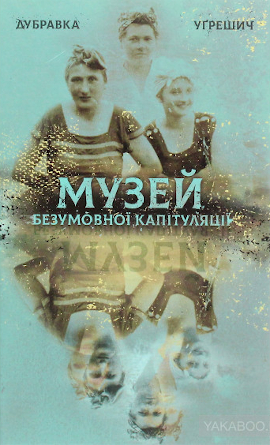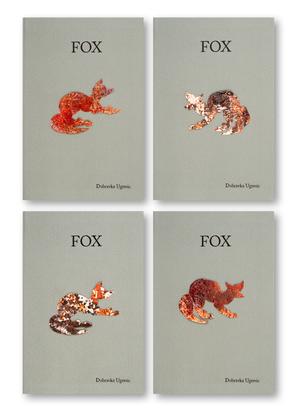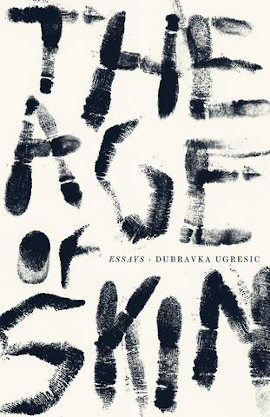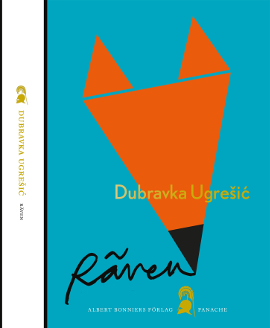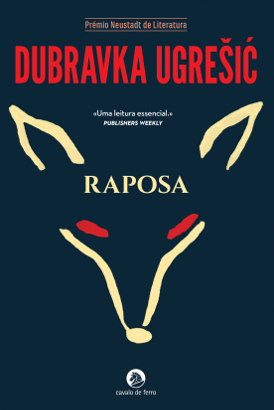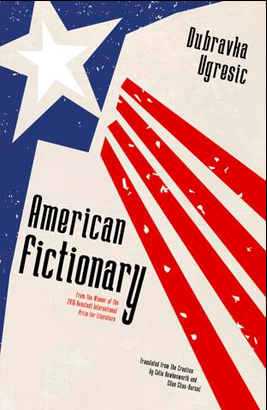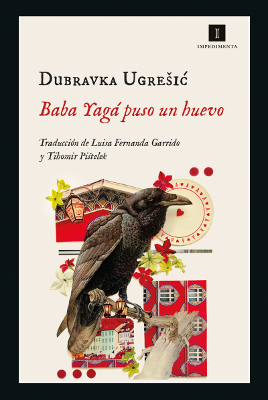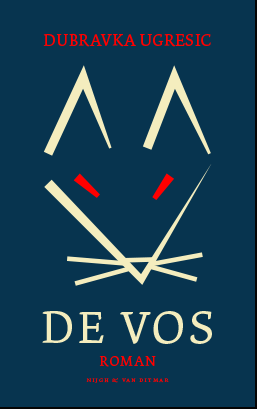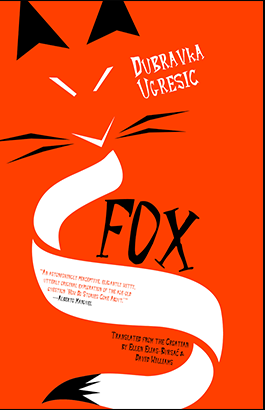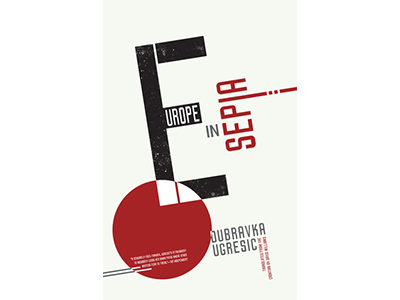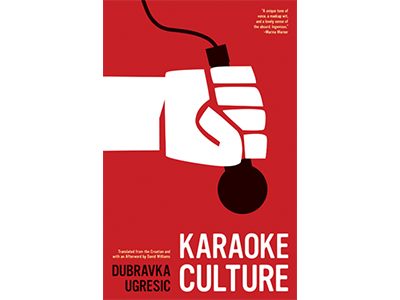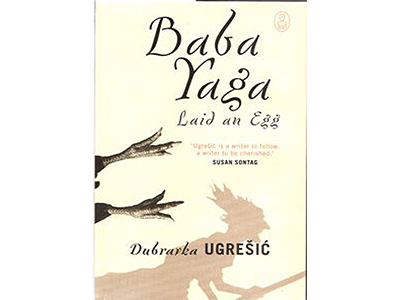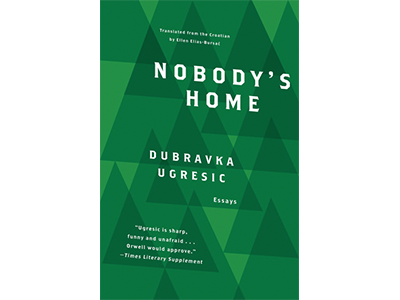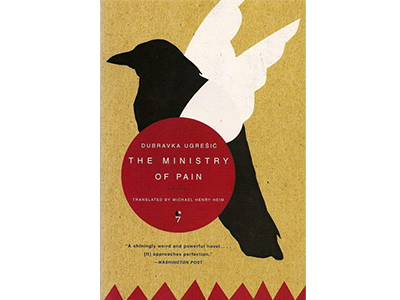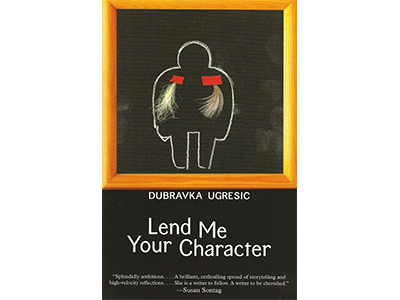W
ho knows, maybe one day there will no longer be Literature. Instead there will be literary web sites. Like those stars, still shining but long dead, the web sites will testify to the existence of past writers. There will be quotes, fragments of texts, which prove that there used to be complete texts once. Instead of readers there will be cyber space travelers who will stumble upon the websites by chance and stop for a moment to gaze at them. How they will read them? Like hieroglyphs? As we read the instructions for a dishwasher today? Or like remnants of a strange communication that meant something in the past, and was called Literature?
I
have watched The Wizard of Oz many times, and always feel both sympathy and antipathy for Toto. You remember him, Dorothy’s little dog who, prompted by his doggy instinct, tugs back the curtain exposing the Great Wizard of Oz for what he is: a charlatan.
In my texts I often behave like Toto, as if Toto’s spirit is inside me, egging me on to tug back the curtain. This role is thankless because after his grand gesture Toto remains what he was: a little dog, a minor character overshadowed by the Wizard’s greatness. I love the Great Wizard’s extravaganza, the fuss, the smoke and flames, as much as the next person. But despite the lure of it all something won’t let me be, and I tug at the curtain.
Gustave Flaubert announced: “I am Madame Bovary!”
And I? What can I say?
O
nce, in response to my question about what makes a book good, a student of mine shot back:” It should sparkle!” Whenever I finish writing a book, I lean my ear to the manuscript and listen in panic. Is it bubbly or still? Does it pulsate or is it flat? Warm or cool? A sparkler, or a charred, sputtering little stick?

